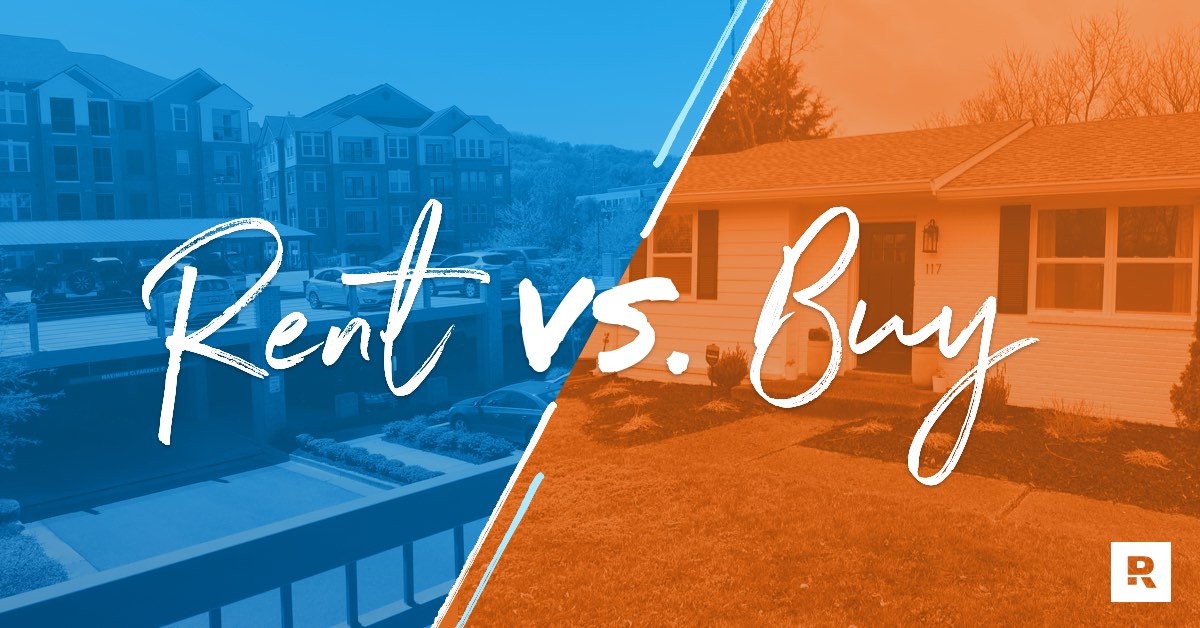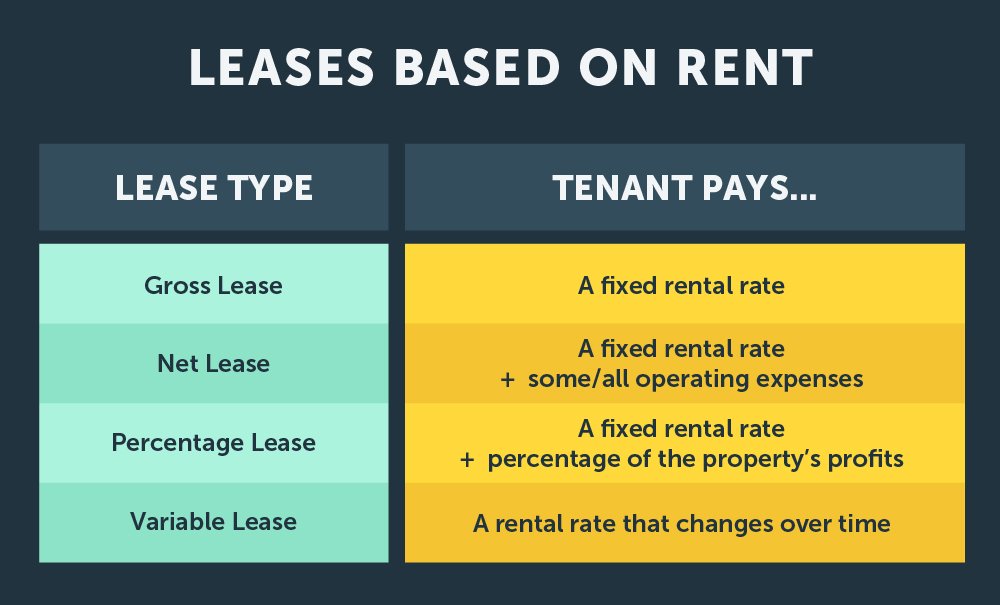Graduated Lease: Unlock the Power of Flexible Rental Options
A graduated lease is a type of lease agreement that includes scheduled increases in rent over the duration of the lease. This type of lease is commonly used in real estate to provide landlords with a steady increase in rental income.
It offers tenants the advantage of lower initial rent payments, which gradually increase over time. Graduated leases typically have predetermined rent increases that are based on a percentage or fixed amount. Landlords often use this type of lease to account for inflation and rising operating costs.
It provides a fair and predictable method for rental payment adjustments for both landlords and tenants.
What Is A Graduated Lease?
A graduated lease is a rental agreement where the rent increases gradually over time. This ensures a more affordable starting rate for tenants, with incremental increases that allow for better budget planning.
Definition
A Graduated Lease is a type of lease agreement where the rent increases over time at pre-determined intervals. This gradual increase in rent allows tenants to have more time to adjust to higher rental costs while providing landlords with a way to maximize their return on the property.
How Does It Work?
In a Graduated Lease, the rent is not fixed throughout the lease term. Instead, the agreement includes specific terms that outline the rental increase schedule. Typically, the terms indicate when and how much the rent will increase over the course of the lease. This allows both parties, the tenant and the landlord, to have a clear understanding of the rental obligations.
For example, let’s say you sign a 5-year graduated lease for an apartment with an initial rent of $1,000 per month. According to the terms of the lease, the rent will increase by $100 every year. In the second year, you will pay $1,100 per month, in the third year $1,200, and so on.
The gradual and predictable increase in rent provided by a Graduated Lease offers several benefits. First, it allows tenants to plan their budget accordingly, knowing that the rental costs will go up gradually over time. This can be particularly helpful for young professionals or families who expect their income to increase in the future.
For landlords, a Graduated Lease provides an opportunity to adjust the rental income to keep up with inflation or market demand. By periodically increasing the rent, landlords can ensure that the rental income remains competitive and reflective of the property’s value.
Moreover, the predictable nature of a Graduated Lease encourages tenant retention. Tenants are more likely to stay in a property if they know they can anticipate the increase in rent and plan for it. This reduces the turnover rate and associated costs for landlords.
In conclusion, a Graduated Lease is a lease agreement that includes a predetermined schedule for rent increases. It benefits both tenants and landlords by providing a predictable rental increase, allowing tenants to plan their budget and landlords to maximize their return on the property.

Credit: www.ramseysolutions.com
Benefits Of A Graduated Lease
A graduated lease is a type of lease agreement that provides several benefits for both tenants and landlords. In this section, we will discuss three key benefits of a graduated lease: cost savings, flexibility, and long-term planning.
Cost Savings
One of the significant advantages of a graduated lease is the potential for cost savings. With a graduated lease, the rent increases gradually over time. This enables the tenant to start with a lower rent, allowing them to allocate their financial resources more efficiently. By starting with a lower rent and having a predictable increase, the tenant can effectively plan their budget and avoid sudden spikes in expenses.
Flexibility
A graduated lease offers flexibility to both tenants and landlords. For tenants, this means they have the option to adjust their lease terms based on their changing needs. Whether they need to expand their space, downsize, or relocate, a graduated lease allows for negotiation and modification of the lease agreement. Similarly, landlords benefit from the flexibility offered by a graduated lease, as it allows them to adapt to market demands and potential changes in property value.
Long-term Planning
Another advantage of a graduated lease is the ability to engage in long-term planning. This type of lease agreement typically spans several years, providing stability for both tenants and landlords. Tenants can confidently plan their business operations without worrying about frequent rent increases or the need to find a new location. Landlords, on the other hand, can enjoy the security of a long-term tenant, reducing the risk of vacancy and ensuring a steady income stream.
Drawbacks Of A Graduated Lease
While a graduated lease can offer some advantages, it is important to consider the potential drawbacks as well. Understanding these drawbacks will help you make an informed decision regarding whether a graduated lease is the right choice for your business. Let’s explore two key drawbacks of a graduated lease: higher initial costs and limited negotiation power.
Higher Initial Costs
A major drawback of a graduated lease is the higher initial costs that tenants have to bear. Unlike a conventional lease with a fixed rent amount, a graduated lease involves progressive increases in rent over time. While this may provide flexibility for the landlord, it can be financially challenging for the tenant. The higher initial costs may impact your budget and potentially reduce your ability to allocate funds for other vital aspects of your business.
Moreover, these escalating costs can put strain on new or expanding businesses, especially if they have limited capital. It’s crucial to carefully weigh the financial impact before committing to a graduated lease. Consider conducting a comprehensive analysis to determine if your business can comfortably afford the rising rental payments.
Limited Negotiation Power
In addition to the higher initial costs, another significant drawback of a graduated lease is the limited negotiation power it offers tenants. As a lessee, you may find yourself with less leverage to negotiate favorable terms due to the predetermined rental increases outlined in the lease agreement.
This lack of negotiation power may restrict your ability to secure lower rental rates or negotiate concessions that would be possible with a conventional lease. If you anticipate significant changes in your business or market conditions that could influence the value of the property, a graduated lease may limit your options to adapt and negotiate better lease terms accordingly.
It is essential to carefully evaluate the long-term implications of limited negotiation power before entering into a graduated lease agreement. Consider seeking legal advice and thoroughly reviewing the terms and conditions to ensure they align with your business objectives.
Industries That Can Benefit From Graduated Leases
Graduated leases can be beneficial to a variety of industries by providing flexibility in rental payments, making it easier for businesses to manage expenses and adapt to changing market conditions. Whether it’s retail, manufacturing, or hospitality, these leases offer a gradual increase in rental rates over time, allowing businesses to grow and thrive.
Commercial Real Estate
A Graduated Lease can provide significant benefits to various industries. One industry that can highly benefit from such leasing arrangements is commercial real estate. In this industry, businesses often require flexible lease agreements that can adapt to their changing needs over time. A Graduated Lease offers just that, allowing businesses to start with lower rent payments in the initial years and gradually increase the rent as their revenue and operations grow.
This type of lease structure is advantageous for businesses as it helps alleviate the financial burden of higher upfront rental costs, providing them with necessary breathing room to establish and scale their operations. Additionally, for commercial real estate owners, Graduated Leases offer a competitive advantage by attracting more tenants due to the lower initial costs, minimizing vacancies, and ensuring a steady income stream in the long run.
Retail
Retail businesses also stand to benefit greatly from Graduated Leases. The retail industry is known for its fluctuating sales patterns, especially during the initial years of operation. By opting for a Graduated Lease, retail businesses can align their rental payments with their revenue growth.
During the early stages of their business, retail stores may face challenges in generating substantial sales. By starting with lower monthly rental payments, businesses can allocate more resources towards marketing, inventory, and other vital aspects of their operations. This flexibility helps in reducing the financial strain on the business while providing them with an opportunity to build their brand and attract customers.
Hospitality
The hospitality industry, which includes hotels, resorts, and restaurants, can also benefit from the advantages of Graduated Leases. When establishing a new hospitality business, significant upfront costs are required for renovation, equipment, and staff training. The Graduated Lease structure allows business owners to invest more capital into these initial expenses instead of hefty rental payments.
As the hospitality business matures and gains traction, the Graduated Lease ensures a gradual increase in rental payments, allowing businesses to distribute their financial commitment over time. This approach is particularly beneficial for hospitality start-ups as they can allocate funds towards enhancing guest experiences, marketing promotions, and staff training to provide excellent service and secure positive customer reviews.
Tips For Negotiating A Successful Graduated Lease
A Graduated Lease can be a beneficial arrangement for both landlords and tenants. With its rent adjustment structure, tenants can gradually increase their rental payments over time, giving them more financial flexibility in the early stages of their lease. However, negotiating the terms of a Graduated Lease requires careful consideration to ensure a fair and mutually beneficial agreement. Here are some tips to help you navigate this negotiation process:
Research Market Rates
Before entering into any negotiation, it is essential to have a clear understanding of the current market rates for similar properties in your area. Researching market rates will give you a baseline to work from and help you determine whether the proposed rental increases in the Graduated Lease are fair and reasonable. To gather this data, consult reliable real estate websites, speak with local real estate agents, or get in touch with other landlords in your area.
Consult With A Real Estate Lawyer
When negotiating a Graduated Lease, it is in your best interest to seek legal counsel from a qualified real estate lawyer. A lawyer can review the lease agreement, explain the terms and conditions, and advise you on any potential legal pitfalls. They can also help you negotiate with the landlord or tenant, ensuring that your rights and interests are protected throughout the process. Remember, having a lawyer by your side can give you the confidence and peace of mind necessary to make informed decisions.
Understand Lease Terms
Before finalizing any lease agreement, it is crucial to thoroughly understand the terms and conditions outlined in the contract. Pay close attention to the rent escalation schedule, ensuring that the increases over time are reasonable and in line with market rates. Additionally, make sure you understand any additional fees, maintenance responsibilities, and clauses regarding lease termination or renewal. Clear communication and a thorough understanding of the lease terms will help prevent any misunderstandings or disputes down the road.
By following these tips, you can confidently negotiate a successful Graduated Lease that meets your needs and protects your best interests. Remember, conducting thorough research, seeking legal advice, and understanding the lease terms are essential steps in securing a fair and mutually beneficial agreement.

Credit: twinstateford.com

Credit: www.aceableagent.com
Frequently Asked Questions For Graduated Lease
What Is A Graduated Lease?
A graduated lease is a type of lease agreement where the rent increases over a specified period of time. This allows tenants to start off with lower rent and gradually increase their payments as their business or income grows.
How Does A Graduated Lease Work?
In a graduated lease, the rent typically increases by a predetermined amount or percentage at specified intervals, such as annually or every few years. This allows tenants to have more predictable rent increases and helps them manage their budget as their business expands or their income grows.
Are There Any Benefits To A Graduated Lease?
Yes, there are several benefits to a graduated lease. It provides tenants with flexibility and allows them to start with lower rent when their business or income may be lower. It also provides landlords with the opportunity to gradually increase the rent over time, potentially maximizing their rental income.
Is A Graduated Lease Suitable For Businesses Of All Sizes?
A graduated lease can be beneficial for businesses of all sizes, from startups to larger established companies. It allows businesses to manage their cash flow more effectively by starting with lower rent and gradually increasing it as their revenue grows.
Conclusion
To sum up, a graduated lease offers tenants flexibility and affordability by gradually increasing the rent over a specified period. This attractive option allows businesses to allocate resources wisely while still securing a prime location. With its structured approach, a graduated lease can be a win-win for both landlord and tenant, providing stability and potential for growth.
So, whether you’re a seasoned business owner or just starting out, considering a graduated lease could be a smart move for your company’s future.
{ “@context”: “https://schema.org”, “@type”: “FAQPage”, “mainEntity”: [ { “@type”: “Question”, “name”: “What is a graduated lease?”, “acceptedAnswer”: { “@type”: “Answer”, “text”: “A graduated lease is a type of lease agreement where the rent increases over a specified period of time. This allows tenants to start off with lower rent and gradually increase their payments as their business or income grows.” } } , { “@type”: “Question”, “name”: “How does a graduated lease work?”, “acceptedAnswer”: { “@type”: “Answer”, “text”: “In a graduated lease, the rent typically increases by a predetermined amount or percentage at specified intervals, such as annually or every few years. This allows tenants to have more predictable rent increases and helps them manage their budget as their business expands or their income grows.” } } , { “@type”: “Question”, “name”: “Are there any benefits to a graduated lease?”, “acceptedAnswer”: { “@type”: “Answer”, “text”: “Yes, there are several benefits to a graduated lease. It provides tenants with flexibility and allows them to start with lower rent when their business or income may be lower. It also provides landlords with the opportunity to gradually increase the rent over time, potentially maximizing their rental income.” } } , { “@type”: “Question”, “name”: “Is a graduated lease suitable for businesses of all sizes?”, “acceptedAnswer”: { “@type”: “Answer”, “text”: “A graduated lease can be beneficial for businesses of all sizes, from startups to larger established companies. It allows businesses to manage their cash flow more effectively by starting with lower rent and gradually increasing it as their revenue grows.” } } ] }





